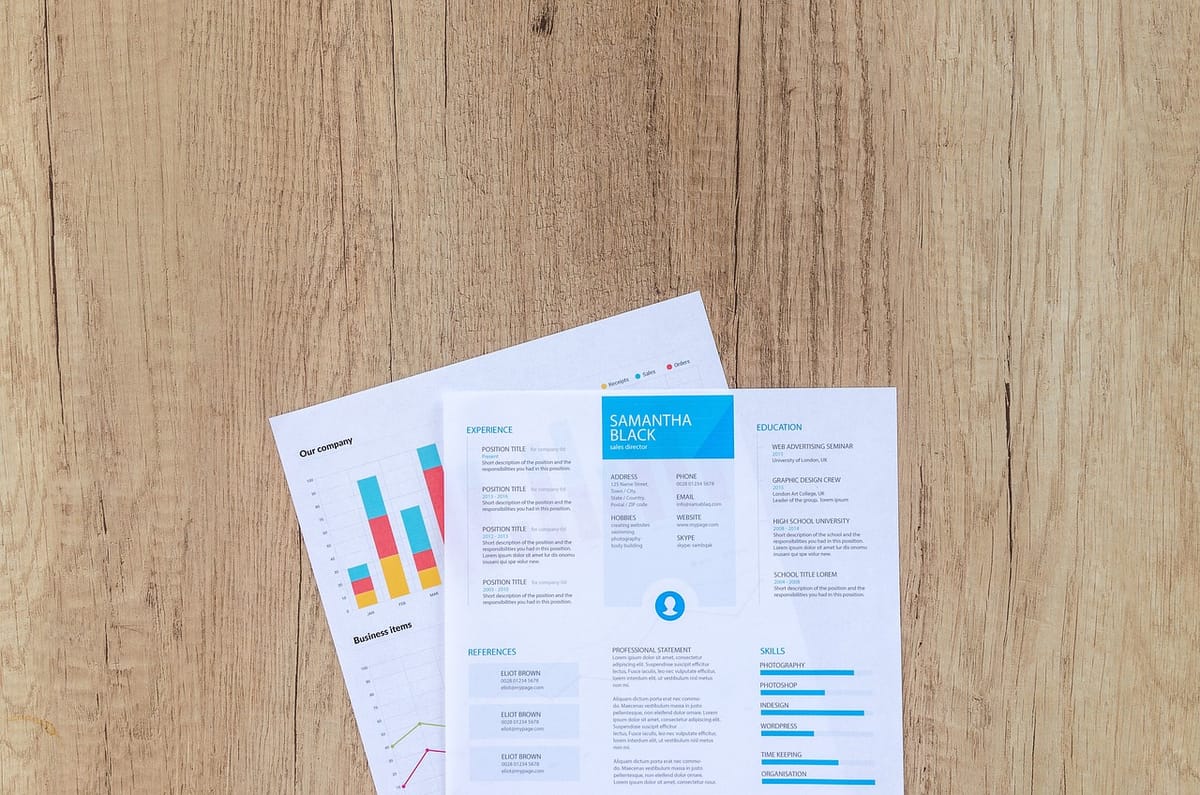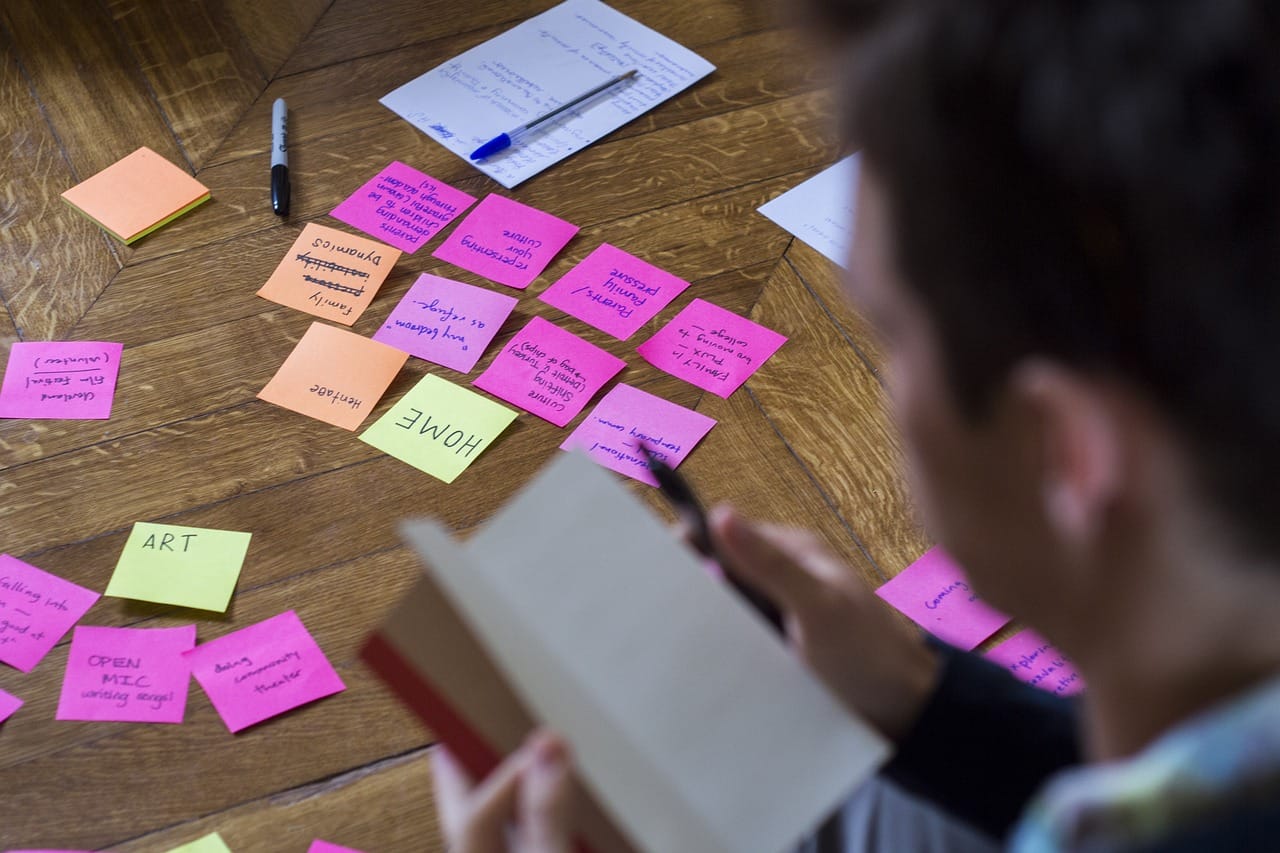Why Financial Education is Important
Discover the importance of financial education through our concise meta chat. Uncover insights into how financial literacy fosters informed decision-making, responsible money management, and long-term financial stability

Financial education plays a crucial role in our lives, yet it is often overlooked or undervalued. Many people believe that financial success is solely based on earning a high income or having a stroke of luck. However, the truth is that financial education is the foundation for making informed decisions about money, investments, and achieving long-term financial goals. In this article, we will explore the importance of financial education, its benefits, and how it can positively impact our personal finances.

The Importance of Financial Education
Financial education is crucial because it empowers individuals to make informed decisions about their money. Without a solid understanding of personal finance, individuals are more likely to fall into debt, make poor investment choices, or struggle to achieve their financial goals. By acquiring financial education, we gain the knowledge and skills necessary to manage our money effectively.
Moreover, financial education helps us develop a healthy relationship with money. It teaches us about budgeting, saving, and investing, enabling us to take control of our finances and avoid unnecessary stress or anxiety. With financial education, we can plan for the future, create a safety net, and make wise financial decisions that align with our goals and values.
Benefits of Financial Education
The benefits of financial education are numerous and far-reaching. Firstly, it enhances our financial literacy, which is the ability to understand and apply financial concepts. This knowledge enables us to navigate complex financial systems, such as understanding the terms and conditions of loans or choosing the right insurance policies. Financial literacy empowers us to make informed decisions that positively impact our financial well-being.
Secondly, financial education equips us with the skills to manage our money effectively. We learn about budgeting, saving, and investing, which are essential for building wealth and achieving financial stability. With these skills, we can create a financial plan that aligns with our goals, whether it's purchasing a home, starting a business, or saving for retirement.
Furthermore, financial education promotes financial independence. By understanding how money works and how to make it work for us, we become less reliant on others for financial support. We can take charge of our financial future, make independent decisions, and build a solid foundation for long-term financial success.
The Impact of Financial Education on Personal Finance
Financial education has a significant impact on personal finance. It equips individuals with the knowledge and skills to manage their money wisely, avoid debt, and achieve financial stability. With financial education, individuals can create a budget that aligns with their income and expenses, allowing them to live within their means and avoid unnecessary debt.
Additionally, financial education teaches individuals about the importance of saving and investing. It encourages individuals to set aside a portion of their income for emergencies, future goals, or retirement. By understanding the power of compounding and the different investment options available, individuals can make informed decisions and grow their wealth over time.
Moreover, financial education helps individuals make informed decisions about borrowing and credit. It educates them about interest rates, credit scores, and the implications of taking on debt. With this knowledge, individuals can make responsible borrowing decisions and avoid falling into a cycle of debt.

The Role of Financial Education in Achieving Financial Goals
Financial education is crucial for setting and achieving financial goals. Without financial education, individuals may set unrealistic goals or lack the knowledge and skills to achieve them. With financial education, individuals can set realistic and achievable goals, create a plan to reach them, and make informed decisions that support their goals.
Financial education teaches individuals about the importance of goal setting and the steps required to achieve those goals. It helps individuals prioritize their financial objectives, whether it's paying off debt, saving for a down payment on a house, or starting a business. By understanding the necessary steps and strategies, individuals can make progress towards their goals and ultimately achieve financial success.
The Relationship Between Financial Education and Financial Independence
Financial education plays a vital role in achieving financial independence. Financial independence refers to the ability to support oneself financially without relying on others for assistance. It is the freedom to make choices based on personal values and goals, rather than financial constraints.
By acquiring financial education, individuals can develop the knowledge and skills necessary for financial independence. They can make informed decisions about their money, create a budget that aligns with their goals, and build wealth over time. Financial education enables individuals to take control of their financial future and reduce their dependence on others for financial support.
How Financial Education Can Lead to Better Financial Decision-Making
Financial education is key to making better financial decisions. It provides individuals with the knowledge and skills to evaluate different financial options, weigh the pros and cons, and make informed choices that align with their goals and values.
With financial education, individuals can understand the risks and rewards associated with various financial decisions. They can assess investment opportunities, compare interest rates on loans, and choose the most suitable financial products for their needs. Financial education empowers individuals to make decisions that maximize their financial well-being and minimize potential risks.
Moreover, financial education helps individuals develop critical thinking skills when it comes to money. It encourages individuals to question financial advice, seek multiple perspectives, and conduct thorough research before making financial decisions. By fostering critical thinking, financial education equips individuals with the tools to make sound financial choices based on evidence and analysis.

The Importance of Financial Education for Different Life Stages
Financial education is essential at every stage of life. Whether we are teenagers entering the workforce, young adults starting families, or retirees planning for retirement, financial education plays a crucial role in our financial well-being.
For teenagers and young adults, financial education provides a solid foundation for managing money responsibly. It teaches them about budgeting, saving, and the importance of building good credit. By starting early, young people can develop healthy financial habits that will benefit them throughout their lives.
For individuals in their prime working years, financial education helps them navigate complex financial decisions. It teaches them about investing for retirement, managing debt, and planning for major life events such as buying a home or starting a family. With financial education, individuals can make informed decisions that support their current and future financial goals.
Even for retirees, financial education is important. It helps them manage their retirement savings, make decisions about Social Security benefits, and plan for healthcare expenses. Financial education empowers retirees to make the most of their financial resources and enjoy a comfortable retirement.
Resources for Financial Education
Fortunately, there are numerous resources available for individuals seeking financial education. Many organizations offer free or low-cost financial education programs, workshops, and online courses. These resources cover a wide range of topics, from basic budgeting and saving to advanced investing strategies.
Financial literacy websites and blogs also provide valuable information and tools for individuals looking to improve their financial knowledge. These resources offer articles, calculators, and interactive tools that can help individuals assess their financial situation, set goals, and develop a plan for financial success.
Additionally, books on personal finance and investing can be invaluable resources for financial education. There are countless books available that cover various aspects of personal finance, from budgeting and saving to investing and retirement planning. Reading these books can provide individuals with a deeper understanding of financial concepts and strategies.
Conclusion: Taking Steps Towards Financial Education
In conclusion, financial education is of utmost importance in our lives. It empowers individuals to make informed decisions about their money, achieve financial goals, and ultimately attain financial independence. By acquiring financial education, individuals can improve their financial literacy, develop essential money management skills, and make better financial decisions at every stage of life.
If you haven't already, take the first step towards financial education. Seek out resources, courses, and books that can enhance your financial knowledge. By investing in your financial education, you are investing in your future financial success. Take control of your finances, set realistic goals, and make informed decisions. With financial education, you can build a solid foundation for a secure and prosperous financial future.
CTA: Start your financial education journey today and take control of your financial future. Seek out resources, courses, and books that can enhance your financial knowledge. By investing in your financial education, you are investing in your future financial success.




